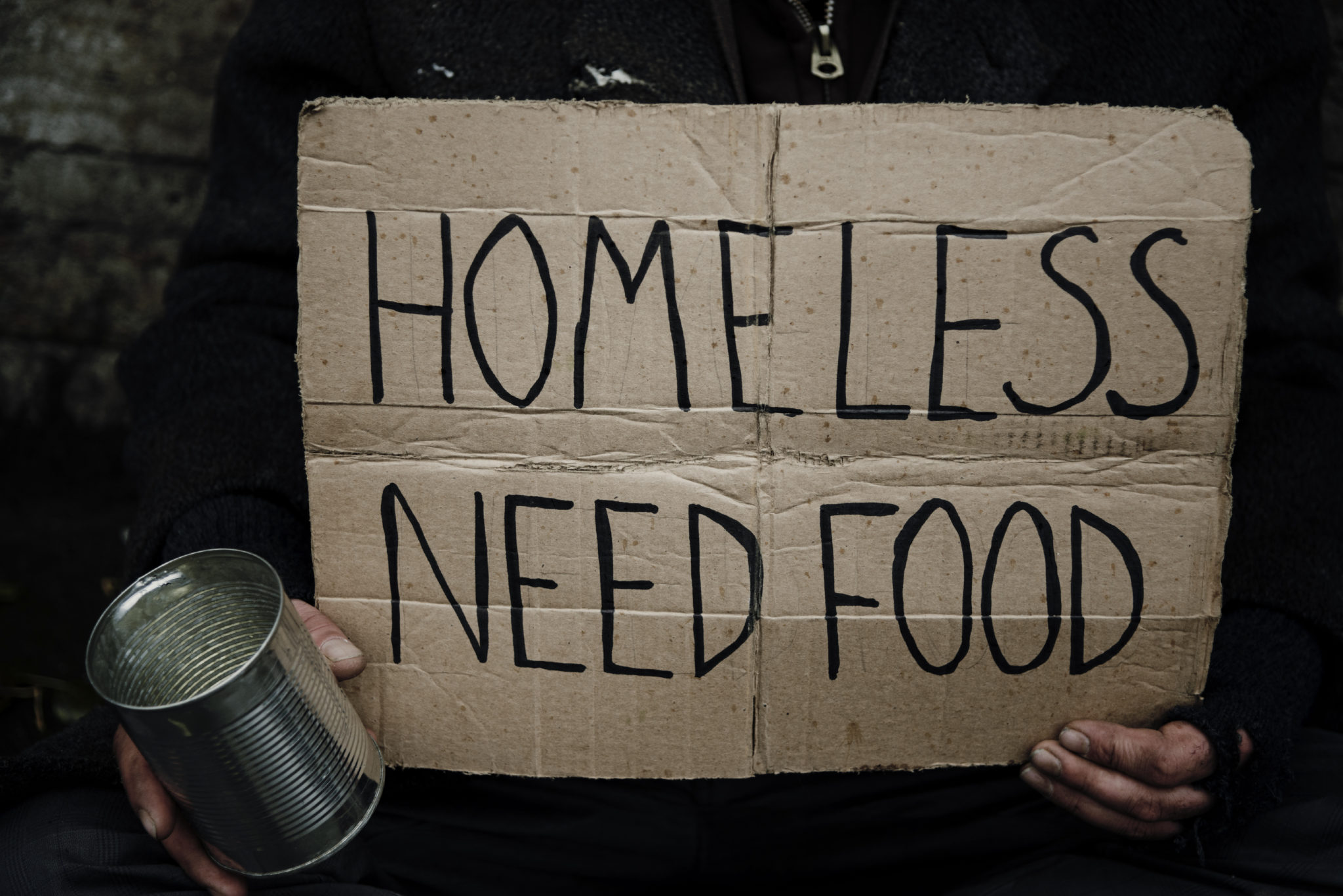
ACLU of Massachusetts suit in federal court seeks to block two anti-panhandling ordinances enacted in 2013 by the City of Worcester.
Victory! In November 2015, a federal judge sided with the ACLU and struck down two anti-panhandling ordinances as unconstitutional. ACLU of Massachusetts legal director Matthew Segal told the Telegram and Gazette, "There are not two First Amendments, one for the rich and one for the poor."
In May 2013, the ACLU of Massachusetts filed suit in federal court in Worcester on behalf of three residents to block two anti-panhandling ordinances enacted by the City of Worcester, claiming the ordinances violate the constitutional right to peacefully solicit donations in public and to engage the public in political and other speech.
The federal district court denied our motion for a preliminary injunction—which would have prevented the City from enforcing the ordinances while our suit proceeded—and the First Circuit affirmed that denial on June 19, 2014.
So, on October 14, 2014, we filed a petition asking the U.S. Supreme Court to take the case. Among other things, we argued that the First Circuit's decision allowing the enforcement of Worcester's ordinances conflicts with the Supreme Court's decision in McCullen v. Coakley, which invalidated a Massachusetts law creating buffer zones around reproductive health clinics.
Worcester's ordinances operate like buffer zones. One of them creates numerous buffer zones that prohibit panhandling within 20 feet of various locations throughout the city, including bus stops and restaurants. The other ordinance prohibits all expressive conduct on traffic islands and medians. The second ordinance prohibits standing on traffic islands, a location favored for years by people soliciting donations and engaging in protected speech, including many Worcester-area politicians and their supporters, various churches, the Salvation Army, and firefighter organizations raising funds for charity.
On June 29, 2015, the United States Supreme Court vacated the First Circuit Court ruling that had preliminarily turned aside the ACLU challenge to anti-begging ordinances in Worcester. The decision clears the way for federal courts in Massachusetts to strike the ordinances down, based on the Supreme Court's ruling earlier this month in Reed v. Town of Gilbert, which confirmed that laws regulating speech are subject to the strictest scrutiny when they hinge on speech content, as well as last year's McCullen ruling concerning speech buffer zones.
Media
- Worcester Telegram: Worcester, Lowell socked with costs, fees from lawsuits on panhandling limits
- Worcester Telegram: Worcester won't appeal to reinstate panhandling ordinance
- GoLocalWorcester: Federal Judge Strikes Down 2 Worcester Anti-Panhandling Ordinances
- South Coast Today: State ACLU steps in on side of panhandlers in New Bedford
The ACLU of Massachusetts has also challenged a similar anti-panhandling ordinance in Lowell.
- Nov. 2014 Homeless Empowerment Project Motion and Amicus Brief in Support of Cert
- Nov. 2015 Decision and Order Granting Summary Judgment
- Nov. 2014 Reply in Support of Petition for Cert
- Oct. 2014 Cert Petition
- July 2014 First Circuit Petition for Rehearing
- June 2014 First Circuit Opinion
- Nov. 2013 Partial Grant of Injunction
- Nov. 2013 Opening Appellate Brief to the First Circuit
- May 2013 Complaint Filed in Federal District Court
- May 2013 Motion for Preliminary Injunction
- May 2013 Memorandum in Support of Motion for Preliminary Injunction
- Worcester's Brief in Opposition to Cert
Affiliate: MA
Download documentAffiliate: MA
Download documentAffiliate: MA
Download documentAffiliate: MA
Download documentAffiliate: MA
Download documentAffiliate: MA
Download documentAffiliate: MA
Download documentAffiliate: MA
Download documentAffiliate: MA
Download documentAffiliate: MA
Download documentAffiliate: MA
Download documentLearn More About the Issues in This Case
Stay Informed
Sign up to be the first to hear about how to take action.
By completing this form, I agree to receive occasional emails per the terms of the ACLU’s privacy statement.
By completing this form, I agree to receive occasional emails per the terms of the ACLU’s privacy statement.
